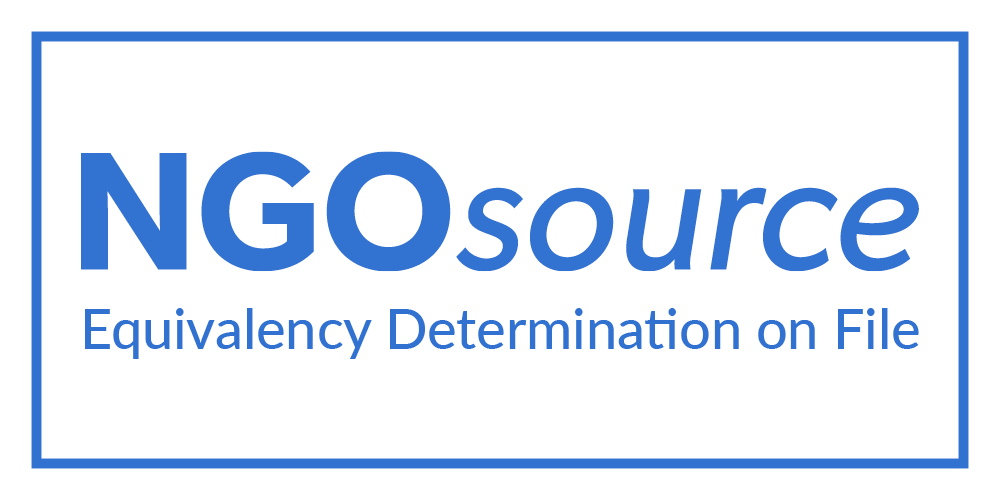Tuberculosis
Tackling TB with Science, Strategy, and Scale
Our Impact at a Glance
- 2 million+ individuals screened for TB through more than 10 projects
- 210,000 new TB cases identified and treated
- 13.2 million patient courses of 3HP procured across 104 countries
- 140 countries now have access to 3HP through the Aurum-led IMPAACT4TB consortium
- 635,000 people living with HIV and TB contacts reached with preventive care
Programmatic Leadership & Innovation
Aurum's TB portfolio bridges discovery and delivery. From clinical trials and operational research to health systems strengthening, we address TB across the care cascade:
Preventive Therapy & Market Access:
- Leading IMPAACT4TB, a global initiative to scale short-course TB prevention (3HP)
- Driving OPT4TPT to improve uptake and delivery of TB preventive treatment in Africa
Treatment Innovation & Clinical Trials:
- Coordinating panTB-HM, a Phase 2c trial for a universal 4-month regimen against both drug-sensitive and drug-resistant TB
- Co-leading DRTB-HDT, exploring host-directed therapies for rifampicin-resistant TB
Community-Based Models & Policy Influence:
- Pioneering CUT-TB to redefine contact tracing models
- Supporting South Africa’s Global Fund TB Programme in high-burden districts
- Advising national strategies through the TB Think Tank, a policy forum chaired by the National Department of Health
Integrated Response & Collaboration:
- Leading ACCELERATE 1 alongside mothers2mothers to fast-track prevention, early detection, and care
- Generating evidence through multi-country collaborations in Mozambique, Tanzania, Lesotho, Ghana, Ethiopia, and beyond
The Global Fund programme, implemented by The Aurum Institute as a Sub-Recipient (SR) of the Global TB Grant (April 2022–March 2025), targets South Africa’s high TB burden. It focuses on 12 districts that account for over 50% of the nation's missing TB cases.
Research Studies
-
Methodological approach: A longitudinal (prospective cohort) study was conducted at South African gold mines to identify miners who have been working in the mines for at least 15 years but have no evidence of TB infection and are HIV negative. Miners were screened for eligibility and chest radiographs were reviewed to exclude current or prior TB. Quantiferon test (QFT) and tuberculin skin test were done to exclude latent TB infection and HIV test was offered. We enrolled HIV-negative miners and collected blood for QFT, plasma, peripheral blood mononuclear cells (PBMC) processing, whole blood assay and Paxgene tubes for transcriptomics. The plasma, PBMCs and Paxgene blood tubes were collected and analyzed to identify gene profiles and immune responses associated with TB protection. Miners who were QFT negative and those who were infected with latent TB (QFT and TST positive) at enrolment were followed up 12 months post enrolment and all enrolment procedures were repeated. Embedded within the longitudinal study was a case control study to identify gene expression and immunological profiles associated with being TB-uninfected using the stored blood specimens.
Key Findings: Still analysing and completing lab tests
Outputs/Outcomes: This work offers innovative approaches to understanding the mechanisms that underlie resistance and susceptibility to Mtb infection in HIV uninfected individuals which may point to novel approaches to TB vaccine and therapeutic strategies that incorporate host-directed therapies (HDT) to subvert immune evasion by Mtb.
Related resources: N/A
- Timeline: 2014 – 2018
- Research Partners: London School of Hygiene and Tropical Medicine, The Aurum Institute , University of Washington
- Locations: Gold mines, Orkney, North West
















